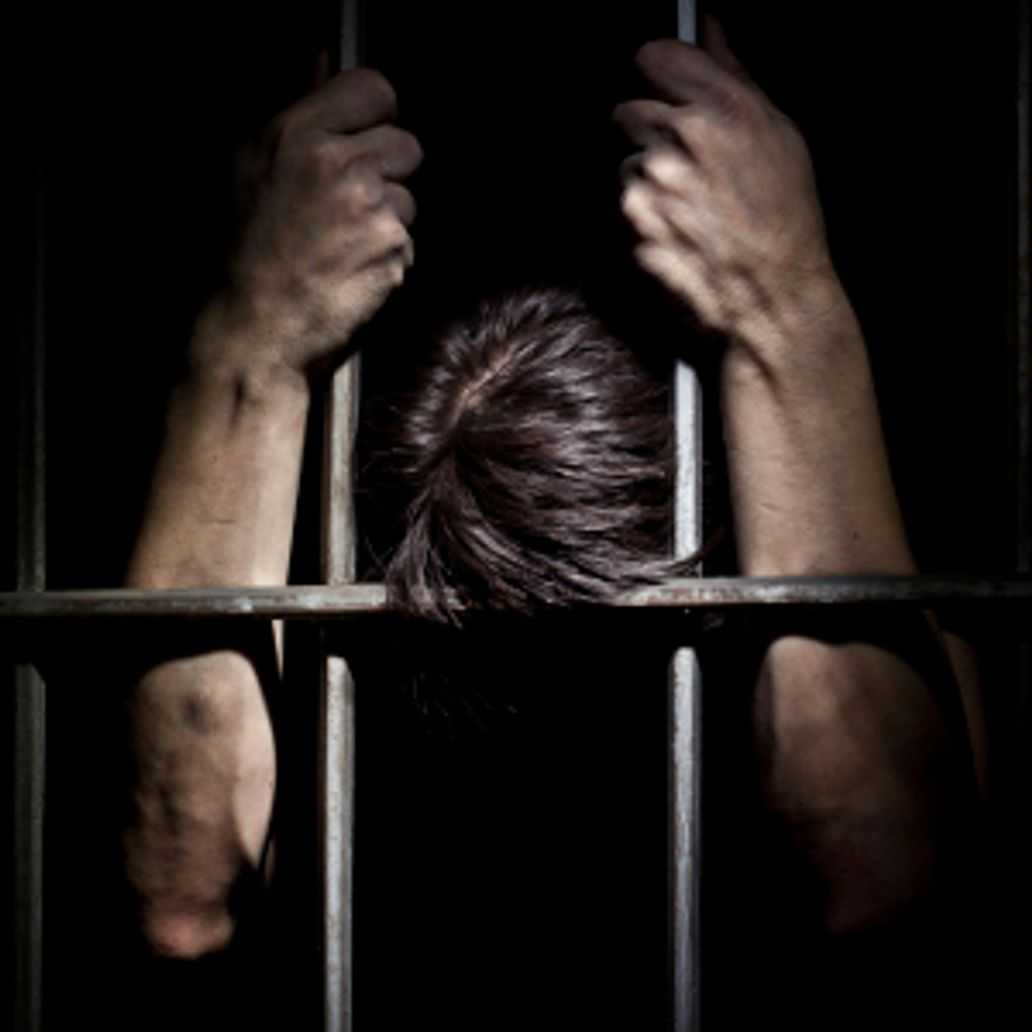Every aspect of the justice system fails people with mental health needs and difficulties
For people with mental health difficulties, the justice system is a minefield.
17 Nov 2021
Immediate release
Date: 17/11/2021
Every aspect of the justice system fails people with mental health needs and difficulties
Currently, around one-third of those in police custody have some level of mental health difficulties, as well as 48% of men and 70% of women in prison. In 2009, the Bradley Report argued that ‘failure to adequately address the mental health needs of offenders is a fundamental cause of the chronic dysfunction of our criminal justice system’. Twelve years later, the four criminal justice inspectorates and healthcare inspectorates in England and Wales have indicated that ‘seriously mentally unwell prisoners are being held in conditions that worsen their mental health’. This is unacceptable.
Gypsy, Roma and Traveller people are disproportionately represented within the criminal justice system. As of 2020, 5% of men and 7% of women in prison identified as Gypsy or Irish Traveller. In reality, it is likely that these figures are far higher as ethnic monitoring in prisons currently does not include Roma as a distinct category. Furthermore, levels of self-reporting amongst the Gypsy, Roma and Traveller prison population are low due to mistrust, fear of discrimination, and poor understanding of data monitoring. As a result, the existing records on GRT people in prisons are incomplete. Data indicating the high prevalence of mental health difficulties amongst those in the criminal justice system thus do not accurately represent those from a Gypsy, Roma and Traveller background. This is a significant gap in existing data.
The inspectorates stated that ‘mental illness … can affect an individual’s ability to understand and participate in the criminal justice process’. For GRT communities, who already face myriad social disadvantages marginalisation, and discrimination; mental health difficulties merely exacerbate alienation and confusion within the criminal justice system. Prisons have a responsibility to ensure the wellbeing of all inmates, particularly those with mental health difficulties, and in this they are failing.
Inspectors cited poor information exchange and inconsistencies in identification as the main areas of institutional failure, as those with mental health difficulties are essentially hung out to dry. A particular cause for concern is the finding that prisons are used as a last resort ‘place of safety’ for extremely unwell women. The Traveller Movement stresses the absurdity of presenting prisons as a safe haven for vulnerable people with mental health difficulties, when levels of self-harm and suicide amongst incarcerated men and women are at a record high. For Gypsy, Roma and Traveller women, who are more likely than their peers to report poor levels of mental health and suicidal ideation, this is particularly alarming.
Traveller Movement CEO Yvonne MacNamara said
“This joint report from regulators highlights the stark failure of the state to protect the most vulnerable. It is scandalous that not only does the criminal justice not adequately safeguard mental health, but in many cases actively harms people’s mental health. It is imperative for public bodies to reflect very closely on the recommendations of this report, and at the earliest opportunity communicate the substantive changes they will be making to right these wrongs.”
ENDS
Contact details
Greg Sproston, Policy & Campaigns Manager
policymanager@travellermovement.org.uk
T: +44 7481 477229 W: /
Notes to Editor
* The Traveller Movement (TM) is a national community development policy and voice charity who campaign against discrimination, promote inclusion, participation and community engagement for the Irish Traveller and Gypsy communities in Britain. TM is proud to work in partnership with the Gypsy, Roma and Traveller communities together with service providers and policy makers across the UK to better promote social inclusion and community cohesion. Visit website here: /